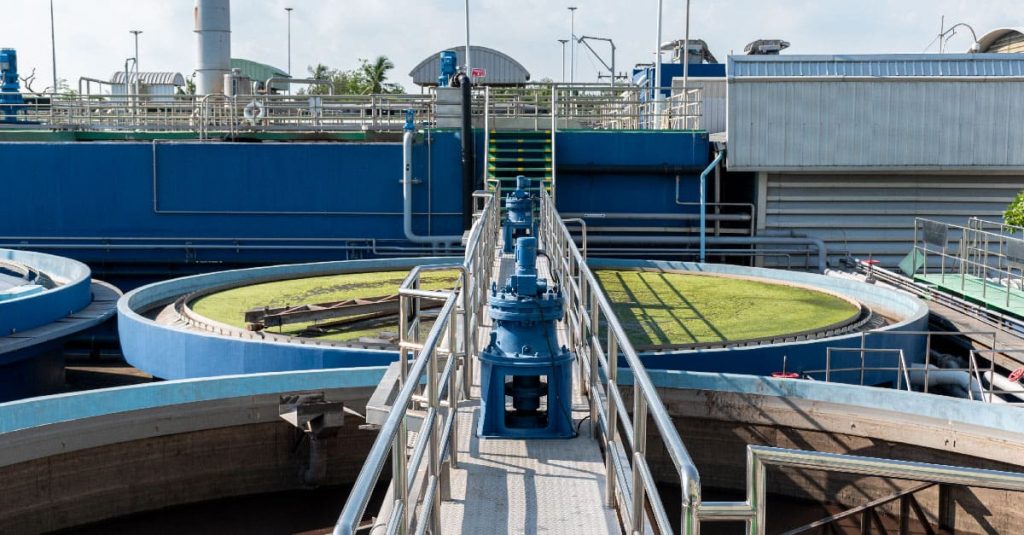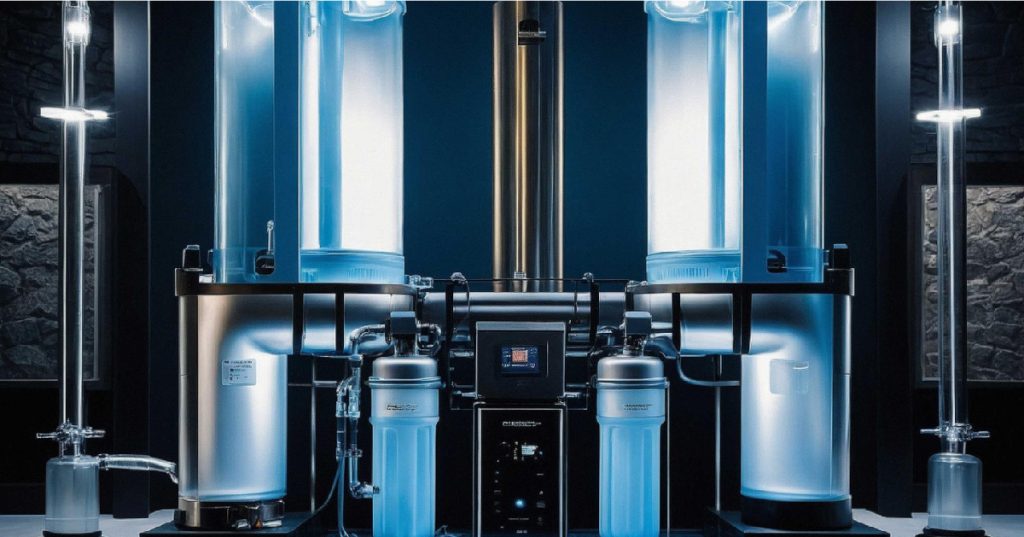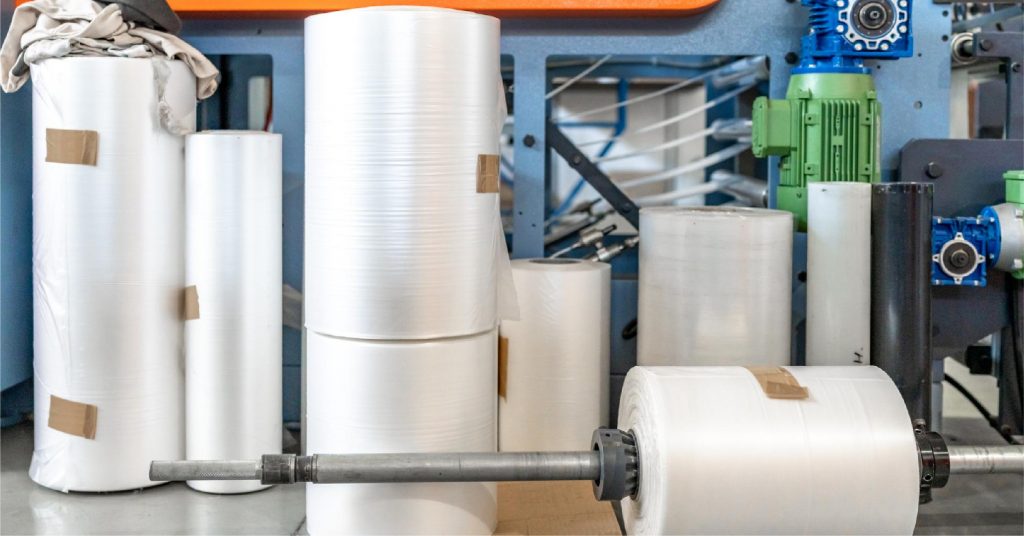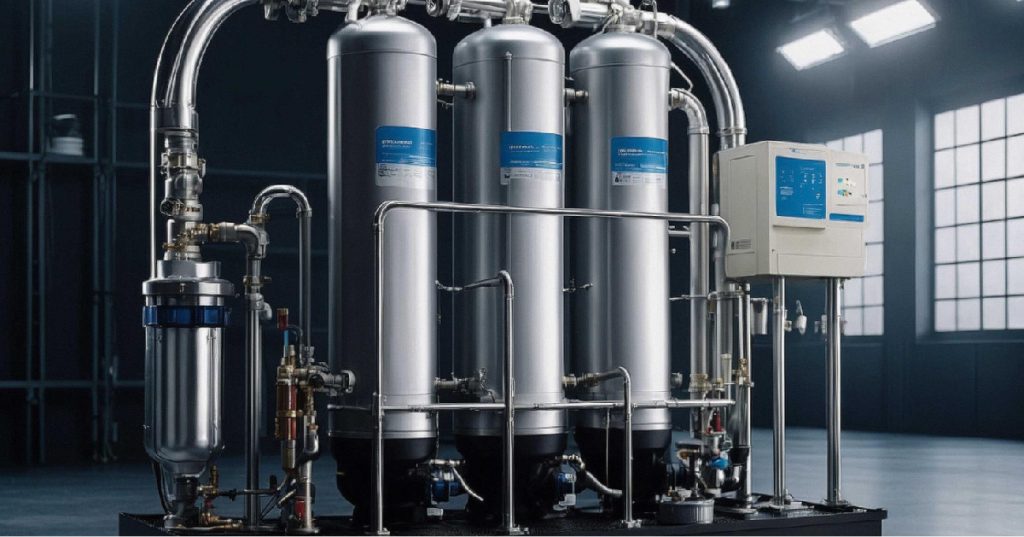As industries in South Africa continue to grow, the need for sustainable practices becomes increasingly critical. Water is a finite resource, and its effective management is essential for environmental conservation and economic development. Industrial operations, which generate significant amounts of wastewater, must adopt innovative solutions to minimize environmental impact and ensure water reuse. This blog delves into the wastewater treatment process, the advancements in the field, and how industries in South Africa can benefit from adopting cutting-edge methods.
Table of Contents
ToggleWhat Is Waste Water Treatment Process?
The wastewater treatment process refers to the systematic steps used to remove contaminants from wastewater, making it safe for discharge or reuse. Industrial wastewater often contains harmful chemicals, heavy metals, and organic pollutants, requiring specialized treatment to meet regulatory standards and environmental safety requirements.
The process of wastewater treatment in industrial settings involves multiple stages, including physical, chemical, and biological methods, each designed to target specific types of contaminants.
Stages in the Waste Water Treatment Plant Process
A typical wastewater treatment plant process for industrial applications consists of the following stages:
-
Preliminary Treatment
-
-
- Screening: Large solids, debris, and other materials are removed to protect equipment downstream.
- Grit Removal: Sand, gravel, and other heavy particles are separated to prevent blockages and wear on equipment.
-
-
Primary Treatment
-
-
- Sedimentation: Suspended solids settle at the bottom of the tank, forming sludge, while lighter materials float and are skimmed off.
- Sedimentation: Suspended solids settle at the bottom of the tank, forming sludge, while lighter materials float and are skimmed off.
-
-
Secondary Treatment
-
-
- Biological Processes: Microorganisms break down organic matter in the wastewater. Common methods include activated sludge, trickling filters, and biological aerated filters.
- Aeration: Air is introduced to support the growth of aerobic bacteria, which degrade pollutants.
- Biological Processes: Microorganisms break down organic matter in the wastewater. Common methods include activated sludge, trickling filters, and biological aerated filters.
-
-
Tertiary Treatment
-
-
- Filtration: Advanced filters remove remaining particles and impurities.
- Disinfection: Chlorination, UV radiation, or ozone treatment ensures the removal of pathogens, making the water safe for reuse or discharge.
-
-
Sludge Treatment
-
-
- The sludge generated during the primary and secondary stages is treated separately through processes like dewatering, anaerobic digestion, or composting, turning it into a manageable or reusable form.
-
Innovative Approaches in the Process of Waste Water Treatment
To address the challenges of industrial wastewater, industries in South Africa are adopting innovative technologies that enhance the efficiency and sustainability of the wastewater treatment plant process.
- Membrane Filtration Systems
Membrane technologies, such as ultrafiltration and reverse osmosis, are increasingly popular for their ability to remove fine particles, bacteria, and dissolved salts. These systems are particularly useful in industries that require high-purity water for reuse.
- Advanced Oxidation Processes (AOPs)
AOPs use powerful oxidants like ozone, hydrogen peroxide, and UV light to break down complex organic pollutants and chemicals that are resistant to conventional treatments.
- Electrocoagulation
This process uses electrical currents to destabilize and remove suspended solids, heavy metals, and emulsified oils from wastewater. It is highly effective for industries like mining and metal finishing.
- Constructed Wetlands
Mimicking natural wetlands, these systems use plants and microorganisms to treat wastewater. They are cost-effective and eco-friendly, making them suitable for small to medium-scale industries.
- Zero Liquid Discharge (ZLD)
ZLD systems aim to recover and reuse all water from wastewater streams, leaving no liquid discharge. This approach is gaining traction in water-scarce regions like South Africa, where water conservation is paramount.
- IoT and Automation
The integration of IoT (Internet of Things) devices and automation in wastewater treatment plants allows for real-time monitoring, predictive maintenance, and optimization of processes. These technologies improve efficiency while reducing operational costs.
Benefits of Innovative Waste Water Treatment Processes
- Water Reuse and Conservation
By treating and reusing wastewater, industries can reduce their reliance on freshwater resources, contributing to water conservation in South Africa.
- Regulatory Compliance
Advanced treatment methods help industries meet stringent environmental regulations, avoiding fines and protecting their reputation.
- Cost Efficiency
While innovative technologies may require an initial investment, they often lead to long-term cost savings through reduced water usage, energy efficiency, and lower maintenance requirements.
- Environmental Protection
Properly treated wastewater minimizes pollution, protecting ecosystems and biodiversity.
- Corporate Social Responsibility
Adopting sustainable wastewater treatment practices enhances an industry’s commitment to environmental stewardship, building trust among stakeholders and communities.
How Ion Exchange Improves Wastewater Treatment?
Ion Exchange, a leader in water and wastewater treatment solutions, plays a pivotal role in enhancing the wastewater treatment process in South Africa. By offering state-of-the-art technology and customized solutions, Ion Exchange helps industries, municipalities, and communities implement efficient wastewater treatment plant processes that meet regulatory standards and promote sustainability.
Our state-of-the-art wastewater treatment plants offer pioneering solutions that focus on wastewater recycling and source reduction, alongside waste management through product recovery and waste minimization. Utilizing innovative, energy-efficient, and cost-effective technologies such as membranes, advanced oxidation, and evaporation, these integrated systems help conserve water by recycling wastewater and recovering valuable by-products for reuse. This approach not only supports zero liquid discharge objectives but also delivers a strong return on investment for our customers while protecting the environment. After conducting bench-scale and pilot plant studies and detailed site surveys, we select the most appropriate technologies for industries such as power, fertilizer, electronics, textiles, chemicals, food & beverage, pulp & paper, pharmaceuticals, and automotive sectors. Our product line includes:
Conclusion
In conclusion, the wastewater treatment process in South Africa is continuously enhanced by innovative technologies like ion exchange. By improving the removal of contaminants, enhancing water quality, and supporting water reuse initiatives, ion exchange systems play a crucial role in ensuring sustainable water management. As South Africa continues to prioritize environmental sustainability and water security, understanding and implementing advanced treatment solutions like ion exchange will be essential in achieving long-term goals for clean, safe water.
Connect with Ion Exchange experts to learn more about our efficient wastewater treatment solutions.





